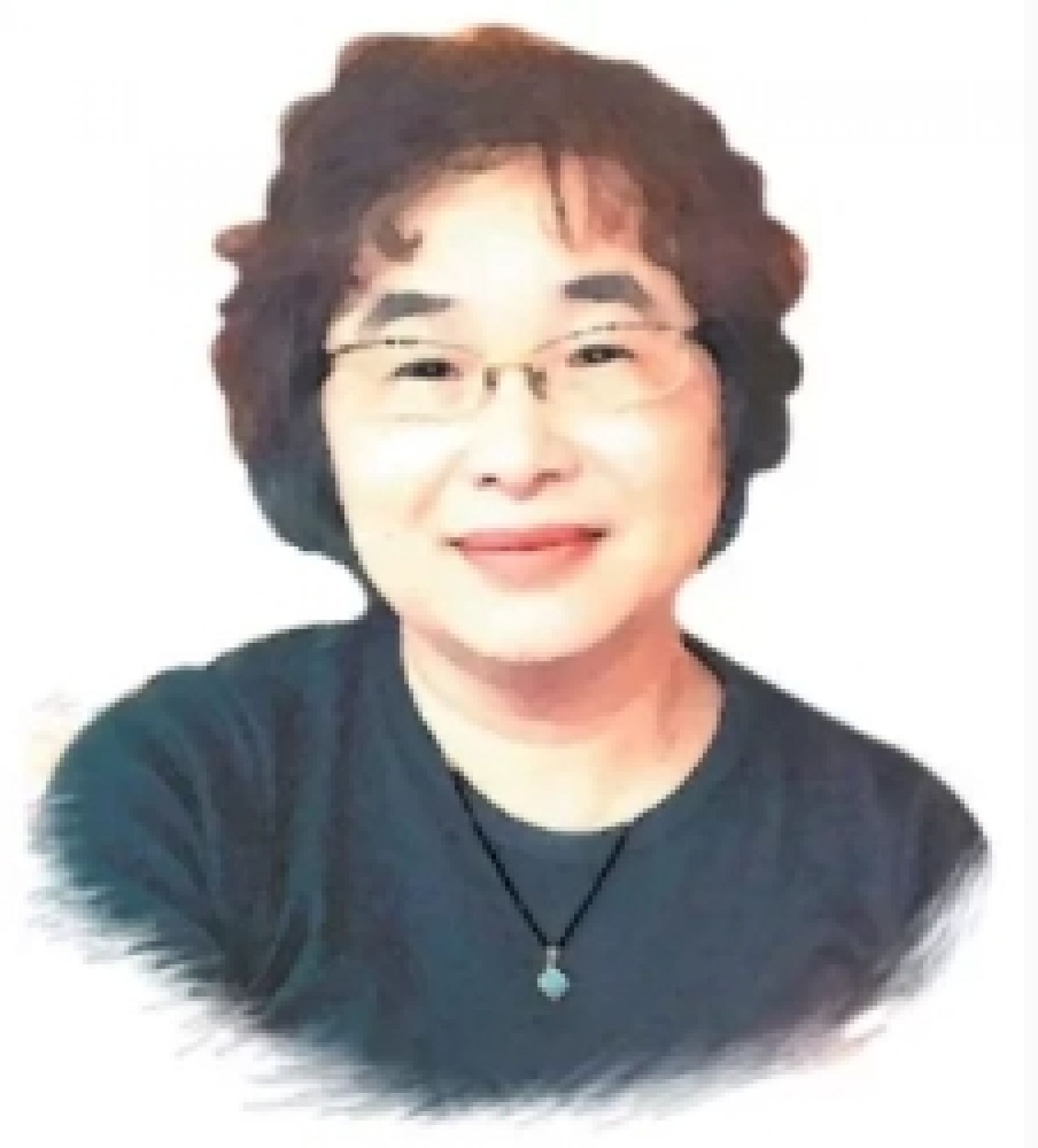
Friend, Are You Really Leaving the Group Chat?
By Su Herng
United Daily News, July 24, 2021
During this period of time, messages such as “I’m leaving because I disagree” have been appearing in group chats among friends or old classmates. Years of friendship thrown away as some snap emotionally before exiting the chatroom, while others may simply leave without a word. When asked in private why they had left the group chat, the most common answer is because of quarrels due to posts on different political views. Yet, is it worth fighting and hurting friendships over these posts?
In the early days of social media, many believed that tremendous growth of global connections would benefit the democratic system. However, those believers are now no longer optimistic. As social media is presently used universally with the addition of the share and feedback functions, a long list of setbacks have emerged and are still increasing.
Unfortunately, political discussions on social media are even more direct, emotional and uncivilized than discussions in real life. The internet public opinions are deliberately controlled by political parties and altogether have resulted in increasingly extreme worldviews. False propaganda is also flourishing and ideologies have been reduced to mental morphine for comfort.
Since the outbreak of the pandemic, heated discussions on the internet have aroused on topics such as the government’s epidemic prevention, cognition warfare with the communist party, and the effectiveness of domestically manufactured coronavirus (COVID-19) vaccine. Because the interpretations of these topics differ according to one’s position, it has become a norm for people to either attempt to beautify a situation and reject other voices, or greatly criticize mistakes and exaggerate assaults. Other heated discussion topics include whether the government conceal the truth to the general public; whether demanding the government to disclose vaccine prices is motivated by accountability or malignant intent, and how important is it for domestic vaccines to obtain international recognition. Yet, none of these topics are being discussed rationally, which overshadows the pursuit of truth.
In 2020, the Pew Research Center discovered that 45 percent of Americans say that they are afraid to share their political views on the internet due to the current political climate. The think tank GATO also discovered that nearly 30 percent of Americans claimed to have ended online connects with friends because of discussions on politics. This has caused internet comments to be severely self-censored. According to a GATO poll, people’s self-censorship has risen from 58 percent in 2017 to currently at 62 percent.
Another IPSOS global survey found that respondents from two-thirds of the countries around the world believe that their society is becoming increasingly divided. Time magazine stated that the polarization of the media itself is an accomplice to social division. Radio programs, television talk shows, blogs and traditional media were originally channels for public forums in order for public opinions to be freely expressed. However, social media has now formed public forums that are broken where people only seek comfort in their echo chamber. Not only are citizens even more blinded to their rights to know the truth, but freedom of expression is also sacrificed.
At present, Taiwan is also seriously divided within our society. Our internal social cohesion and unity have collapsed. One may ask, where is the problem?
Even though our government led by President Tsai often talks about uniting the country, their actions often lead to a more divided society and a split national identity. What is shown on the internet is the use of online cyber-forces and supportive voices online to create hostility and chase down any unfavorable public opinion. Anyone who possesses a different opinion is labeled as being associated with Communist China. Even the people’s posts online are dealt with the Social Order Maintenance Act. All this proves that the call for “unity” is simply lip service from the government.
It is unquestionable that those in power have to accept criticisms and exercise political tolerance, which is originally an expectation for all who are in power. There is no benefit to our country for the government to be intolerant and regard all criticisms from the opposition parties to be of vicious motives. It is a pity that because of this phenomenon, many friends and classmates have turned against each together in group chats and therefore ended years of friendship.
In Albert Einstein’s article “On Liberty,” he pointed out that the advancement of science depends on public discourse and that “laws alone cannot secure freedom of expression; in order that every man may present his views without penalty, there must be a spirit of tolerance in the entire population.” If social media wants to go from darkness to light, then there needs to be first a “vaccine” for politics. It is necessary for both sides in Taiwanese politics to have a conscience of tolerance in order for there to be hope for the future.
The author is a law professor at National Chengchi University.